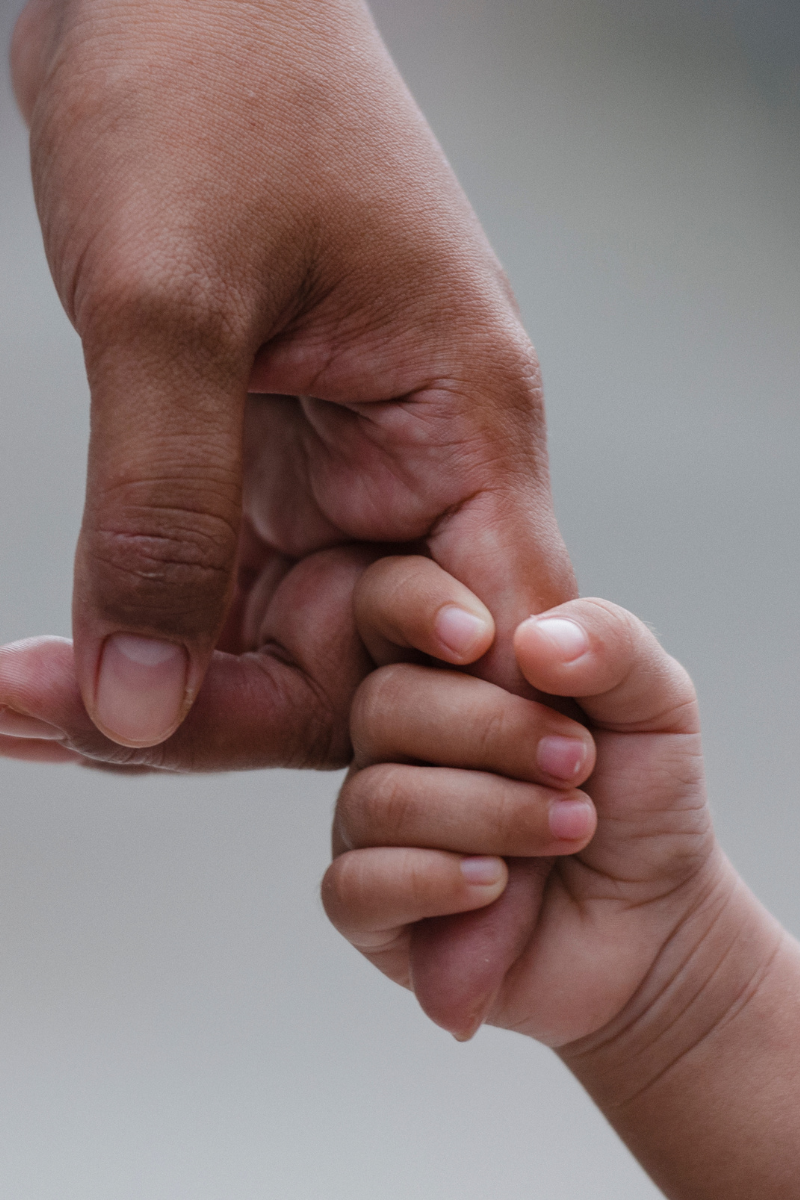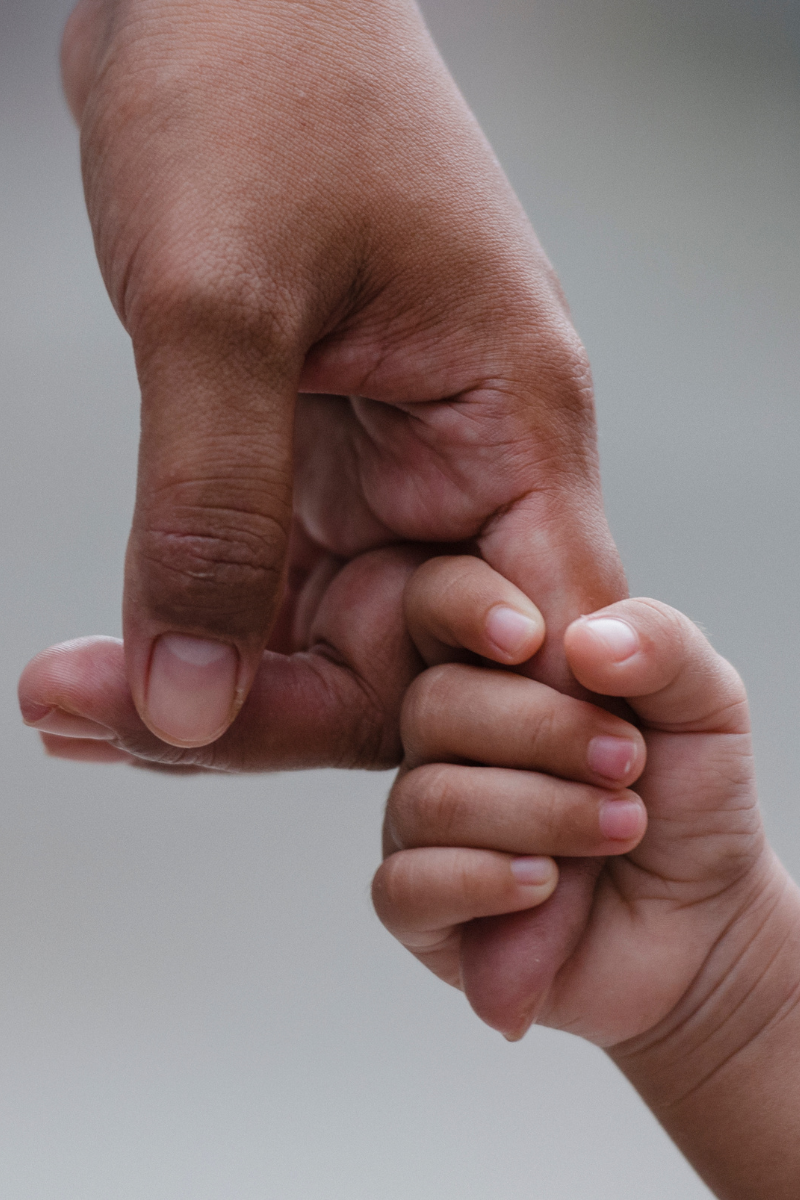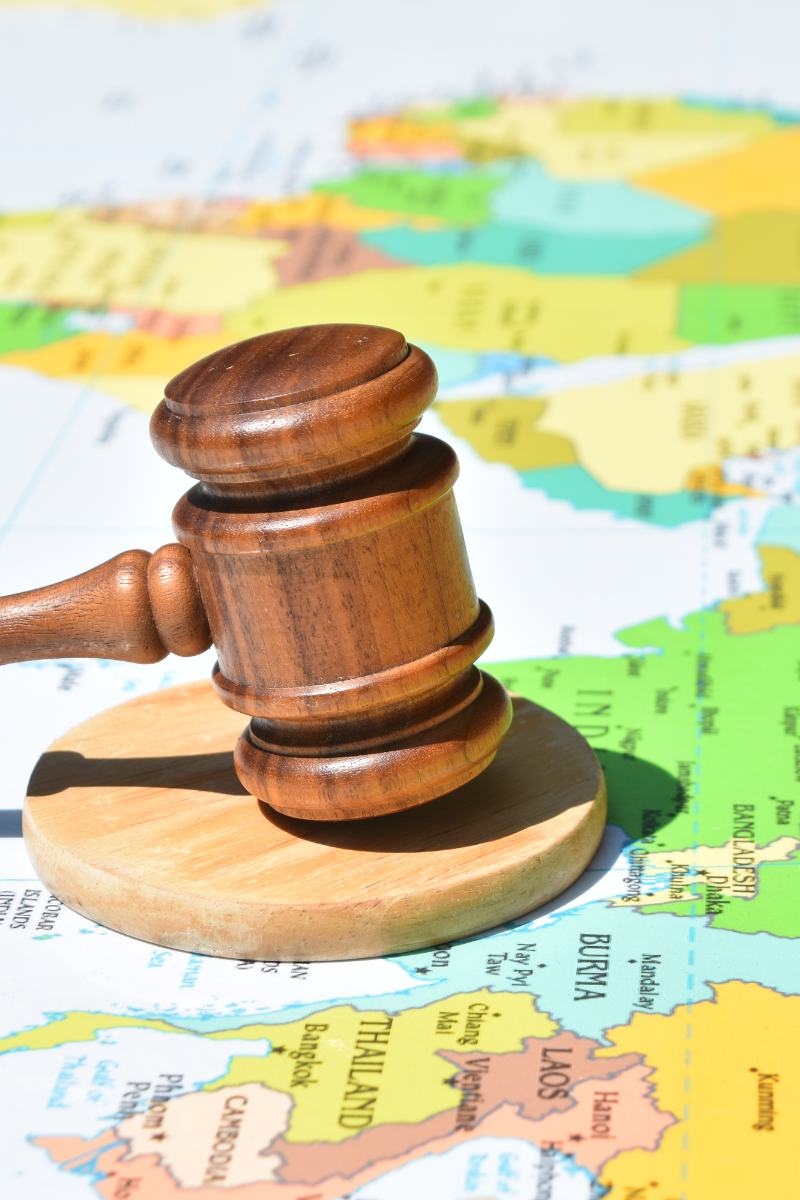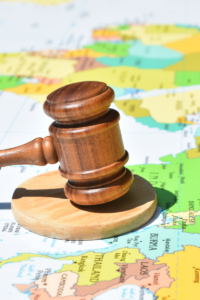Which Countries Does the Hague Convention Apply to in 2025?
As of 2025, the Hague Convention on the Civil Aspects of International Child Abduction applies to over 100 countries worldwide. This treaty facilitates the prompt return of children who have been wrongfully removed or retained across international borders.
For the Convention to be applicable in a specific case, both the country from which the child was taken and the country to which the child was brought must be Contracting States to the Convention. The Convention is in force between countries that have mutually agreed to its terms. For instance, the United States has recognized the Convention with numerous countries, including the United Kingdom, France, Japan, Brazil, and South Africa.
It’s important to note that not all countries are parties to the Convention, and even among those that are, the Convention’s applicability depends on mutual recognition between the countries involved. Therefore, if you’re dealing with a potential international child abduction case, it’s crucial to consult the most current list of Contracting States and understand the specific agreements between the countries in question.
For the most up-to-date information on the countries that are parties to the Convention, you can refer to the Hague Conference on Private International Law’s official status table below.
If you need assistance navigating the complexities of international child abduction cases, feel free to reach out for expert guidance tailored to your situation.
Contracting Parties and Signatories to this Convention that are also Members of the HCCH (i.e., the Organization) are in bold; Contracting Parties and Signatories that are not Members of the HCCH are in italics.
| Contracting Party | S 1 | R/A/S2 | Type3 | EIF4 | EXT5 | Auth6 | Res/D/N/DC7 |
|---|---|---|---|---|---|---|---|
| Albania | 4-V-2007 | A* | 1-VIII-2007 | 1 | Res | ||
| Andorra | 6-IV-2011 | A* | 1-VII-2011 | 1 | Res | ||
| Argentina | 28-I-1991 | 19-III-1991 | R | 1-VI-1991 | 1 | D | |
| Armenia | 1-III-2007 | A* | 1-VI-2007 | 1 | Res | ||
| Australia | 29-X-1986 | 29-X-1986 | R | 1-I-1987 | 1 | D | |
| Austria | 12-V-1987 | 14-VII-1988 | R | 1-X-1988 | 1 | D | |
| Bahamas | 1-X-1993 | A* | 1-I-1994 | 1 | |||
| Barbados | 11-VII-2019 | A* | 1-X-2019 | 1 | |||
| Belarus | 12-I-1998 | A* | 1-IV-1998 | 1 | Res | ||
| Belgium | 11-I-1982 | 9-II-1999 | R | 1-V-1999 | 1 | ||
| Belize | 22-VI-1989 | A* | 1-IX-1989 | 1 | Res | ||
| Bolivia (Plurinational State of) | 13-VII-2016 | A* | 1-X-2016 | 1 | D,Res | ||
| Bosnia and Herzegovina | 23-VIII-1993 | Su | 6-III-1992 | 1 | |||
| Botswana | 14-XI-2022 | A* | 1-II-2023 | 1 | |||
| Brazil | 19-X-1999 | A* | 1-I-2000 | 1 | Res | ||
| Bulgaria | 20-V-2003 | A* | 1-VIII-2003 | 1 | Res | ||
| Burkina Faso | 25-V-1992 | A* | 1-VIII-1992 | 1 | |||
| Cabo Verde | 4-X-2022 | A* | 1-I-2023 | 1 | |||
| Canada | 25-X-1980 | 2-VI-1983 | R | 1-XII-1983 | 13 | 1 | D,Res |
| Chile | 23-II-1994 | A* | 1-V-1994 | 1 | D | ||
| China | C | 2 | D,N | ||||
| Colombia | 13-XII-1995 | A* | 1-III-1996 | 1 | |||
| Costa Rica | 9-XI-1998 | A* | 1-II-1999 | 1 | |||
| Croatia | 23-IV-1993 | Su | 1-XII-1991 | 1 | |||
| Cuba | 12-IX-2018 | A* | 1-XII-2018 | 1 | |||
| Cyprus | 4-XI-1994 | A* | 1-II-1995 | 1 | |||
| Czech Republic | 28-XII-1992 | 15-XII-1997 | R | 1-III-1998 | 1 | Res | |
| Denmark | 17-IV-1991 | 17-IV-1991 | R | 1-VII-1991 | 1 | 1 | D,Res |
| Dominican Republic | 11-VIII-2004 | A* | 1-XI-2004 | 1 | |||
| Ecuador | 22-I-1992 | A* | 1-IV-1992 | 1 | |||
| El Salvador | 5-II-2001 | A* | 1-V-2001 | 1 | D,Res | ||
| Estonia | 18-IV-2001 | A* | 1-VII-2001 | 1 | D,Res | ||
| Fiji | 16-III-1999 | A* | 1-VI-1999 | 1 | |||
| Finland | 25-V-1994 | 25-V-1994 | R | 1-VIII-1994 | 1 | D,Res | |
| France | 25-X-1980 | 16-IX-1982 | R | 1-XII-1983 | 1 | Res,D | |
| Gabon | 6-XII-2010 | A* | 1-III-2011 | ||||
| Georgia | 24-VII-1997 | A* | 1-X-1997 | 1 | |||
| Germany | 9-IX-1987 | 27-IX-1990 | R | 1-XII-1990 | 1 | D,Res | |
| Greece | 25-X-1980 | 19-III-1993 | R | 1-VI-1993 | 1 | Res | |
| Guatemala | 6-II-2002 | A* | 1-V-2002 | 1 | Res | ||
| Guinea | 7-XI-2011 | A* | 1-II-2012 | 1 | |||
| Guyana | 5-II-2019 | A* | 1-V-2019 | 1 | |||
| Honduras | 20-XII-1993 | A* | 1-III-1994 | 1 | Res | ||
| Hungary | 7-IV-1986 | A* | 1-VII-1986 | 1 | |||
| Iceland | 14-VIII-1996 | A* | 1-XI-1996 | 1 | Res | ||
| Iraq | 21-III-2014 | A* | 1-VI-2014 | ||||
| Ireland | 23-V-1990 | 16-VII-1991 | R | 1-X-1991 | 1 | ||
| Israel | 4-IX-1991 | 4-IX-1991 | R | 1-XII-1991 | 1 | Res | |
| Italy | 2-III-1987 | 22-II-1995 | R | 1-V-1995 | 1 | ||
| Jamaica | 24-II-2017 | A* | 1-V-2017 | 1 | Res | ||
| Japan | 24-I-2014 | 24-I-2014 | R | 1-IV-2014 | 1 | Res | |
| Kazakhstan | 3-VI-2013 | A* | 1-IX-2013 | 1 | Res | ||
| Latvia | 15-XI-2001 | A* | 1-II-2002 | 1 | D,Res | ||
| Lesotho | 18-VI-2012 | A* | 1-IX-2012 | 1 | |||
| Lithuania | 5-VI-2002 | A* | 1-IX-2002 | 1 | D,Res | ||
| Luxembourg | 18-XII-1984 | 8-X-1986 | R | 1-I-1987 | 1 | Res | |
| Malta | 26-X-1999 | A* | 1-I-2000 | 1 | |||
| Mauritius | 23-III-1993 | A* | 1-VI-1993 | 1 | Res | ||
| Mexico | 20-VI-1991 | A* | 1-IX-1991 | 1 | |||
| Monaco | 12-XI-1992 | A* | 1-II-1993 | 1 | Res | ||
| Montenegro | 1-III-2007 | Su | 3-VI-2006 | 1 | |||
| Morocco | 9-III-2010 | A* | 1-VI-2010 | 1 | |||
| Netherlands | 11-IX-1987 | 12-VI-1990 | R | 1-IX-1990 | 2 | 1 | D,Res |
| New Zealand | 31-V-1991 | A* | 1-VIII-1991 | 1 | Res | ||
| Nicaragua | 14-XII-2000 | A* | 1-III-2001 | 1 | |||
| North Macedonia | 20-IX-1993 | Su | 1-XII-1991 | 1 | |||
| Norway | 9-I-1989 | 9-I-1989 | R | 1-IV-1989 | 1 | Res | |
| Pakistan | 22-XII-2016 | A* | 1-III-2017 | 1 | Res | ||
| Panama | 2-II-1994 | A* | 1-V-1994 | 1 | Res | ||
| Paraguay | 13-V-1998 | A* | 1-VIII-1998 | 1 | |||
| Peru | 28-V-2001 | A* | 1-VIII-2001 | 1 | |||
| Philippines | 16-III-2016 | A* | 1-VI-2016 | 1 | D | ||
| Poland | 10-VIII-1992 | A* | 1-XI-1992 | 1 | D,Res | ||
| Portugal | 22-VI-1982 | 29-IX-1983 | R | 1-XII-1983 | 1 | D | |
| Republic of Korea | 13-XII-2012 | A* | 1-III-2013 | 1 | D,Res | ||
| Republic of Moldova | 10-IV-1998 | A* | 1-VII-1998 | 1 | Res | ||
| Romania | 20-XI-1992 | A* | 1-II-1993 | 1 | D | ||
| Russian Federation | 28-VII-2011 | A* | 1-X-2011 | 1 | D,Res | ||
| Saint Kitts and Nevis | 31-V-1994 | A* | 1-VIII-1994 | 1 | Res | ||
| San Marino | 14-XII-2006 | A* | 1-III-2007 | 1 | D | ||
| Serbia | 29-IV-2001 | Su | 27-IV-1992 | 1 | |||
| Seychelles | 27-V-2008 | A* | 1-VIII-2008 | 1 | |||
| Singapore | 28-XII-2010 | A* | 1-III-2011 | 1 | Res | ||
| Slovakia | 28-XII-1992 | 7-XI-2000 | R | 1-II-2001 | 1 | Res | |
| Slovenia | 22-III-1994 | A* | 1-VI-1994 | 1 | |||
| South Africa | 8-VII-1997 | A* | 1-X-1997 | 1 | Res | ||
| Spain | 7-II-1986 | 16-VI-1987 | R | 1-IX-1987 | 1 | ||
| Sri Lanka | 28-IX-2001 | A* | 1-XII-2001 | 1 | Res | ||
| Sweden | 22-III-1989 | 22-III-1989 | R | 1-VI-1989 | 1 | Res | |
| Switzerland | 25-X-1980 | 11-X-1983 | R | 1-I-1984 | 1 | ||
| Thailand | 14-VIII-2002 | A* | 1-XI-2002 | 1 | Res | ||
| Trinidad and Tobago | 7-VI-2000 | A* | 1-IX-2000 | 1 | |||
| Tunisia | 10-VII-2017 | A* | 1-X-2017 | 1 | Res | ||
| Türkiye | 21-I-1998 | 31-V-2000 | R | 1-VIII-2000 | 1 | Res | |
| Turkmenistan | 29-XII-1997 | A* | 1-III-1998 | 1 | |||
| Ukraine | 2-VI-2006 | A* | 1-IX-2006 | 1 | D | ||
| United Kingdom of Great Britain and Northern Ireland | 19-XI-1984 | 20-V-1986 | R | 1-VIII-1986 | 7 | 1 | N,Res |
| United States of America | 23-XII-1981 | 29-IV-1988 | R | 1-VII-1988 | 1 | Res | |
| Uruguay | 16-XI-1999 | A* | 1-II-2000 | 1 | |||
| Uzbekistan | 31-V-1999 | A* | 1-VIII-1999 | 1 | Res | ||
| Venezuela (Bolivarian Republic of) | 16-X-1996 | 16-X-1996 | R | 1-I-1997 | 1 | Res | |
| Zambia | 26-VIII-2014 | A* | 1-XI-2014 | 1 | |||
| Zimbabwe | 4-IV-1995 | A* | 1-VII-1995 | 1 | Res |




















